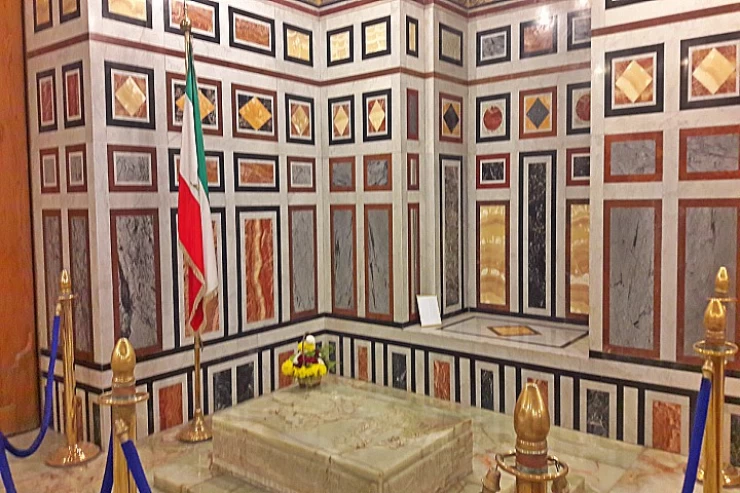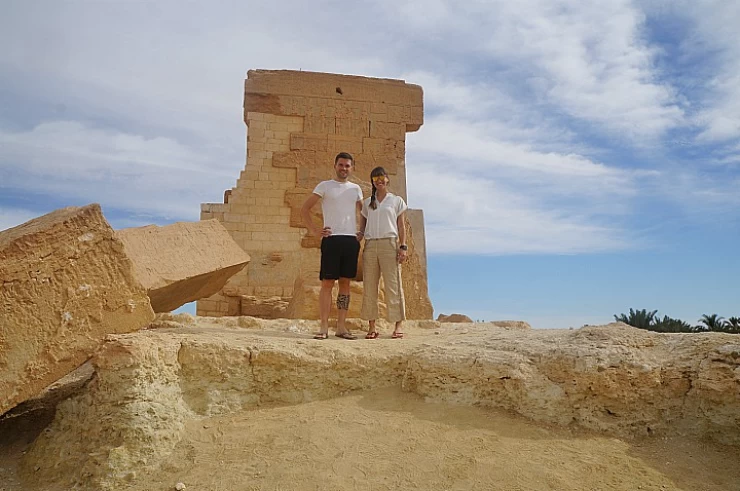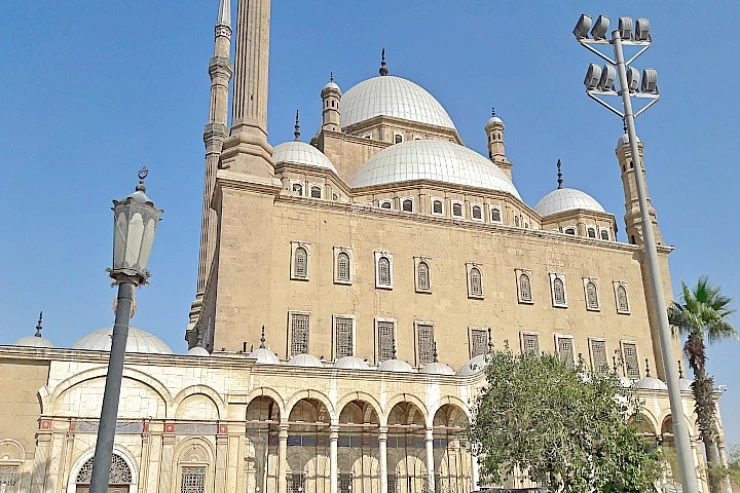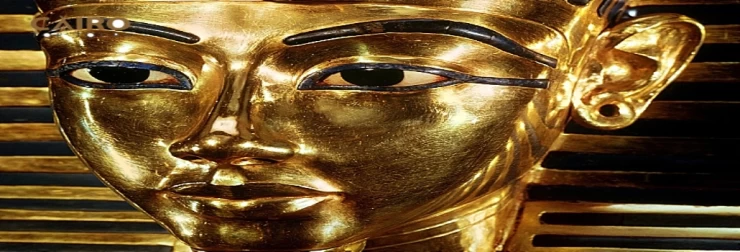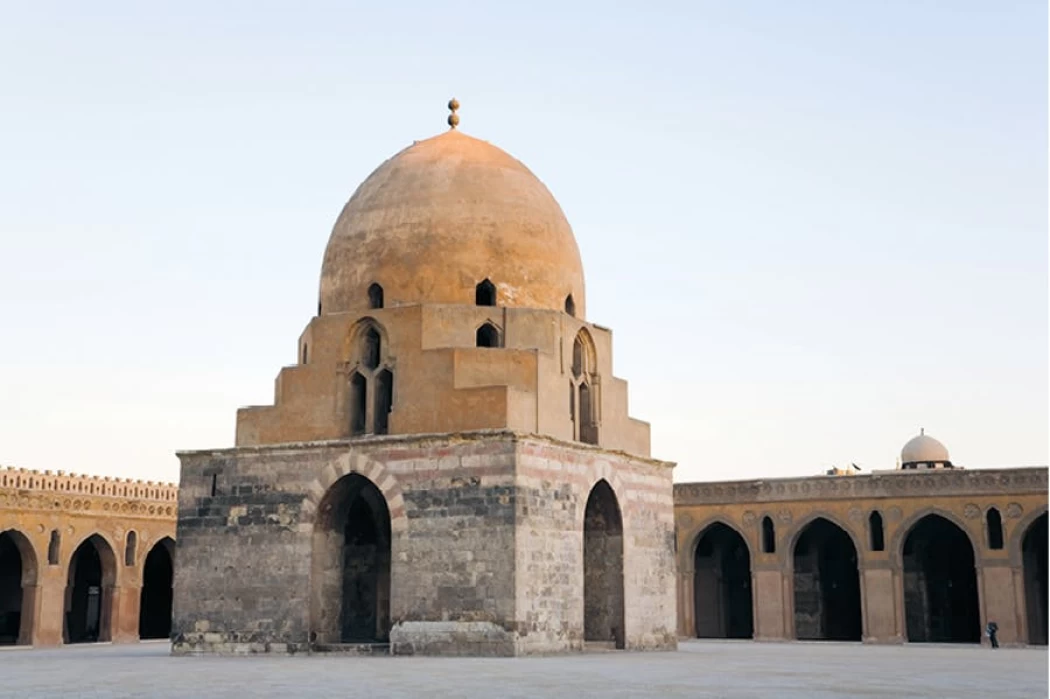
Biography of Ahmad ibn Tulun
Biography of Ahmad ibn Tulun
Ahmad ibn Tulun's roots go back to Turkish origins, and his father was one of the slaves of Noah ibn Asad, the governor of Bukhara; he freed him because he saw in him ability and competence, then sent him to Caliph Al-Ma'mun; he admired him and enrolled him in the caliphate court, and he graduated in military positions until he became the head of the caliph's guard.
In the city of “Baghdad”, the capital of the caliphate, Ahmad bin Tulun was born on (23 Ramadan 220 AH = September 20, 835 AD), and his father took great care of him; he taught him the military arts, received jurisprudence and hadith, frequented the circles of scholars to learn from them, and had a good voice in reading the Qur'an.
Then he went to Tarsus after he took over some of its affairs at his wish; to be close to its scholars who were famous for jurisprudence, hadith and interpretation, and after his return he became the object of trust of the Abbasid caliphs for his knowledge and courage, and joined the service of Caliph Al-Musta'in Billah in (248-252 AH = 862-866 AD), and became the object of his trust and appreciation.
It was customary for the great governors appointed by the Caliph for the provinces subject to him to remain in the capital of the Caliphate to enjoy prestige and power, and proximity to the areas of sovereignty and influence, while at the same time they deputize them in governing those states from their trusted followers and relatives, in whom they find skill and competence. In that period, Egypt was under the guardianship of the Turkish commander “Pakbak”, Ahmad ibn Tulun's stepfather, so he deputized him according to this custom in ruling Egypt, and supplied him with a large army that entered Egypt on (23 Ramadan 254 AH = September 16, 868 AD).
As soon as he landed in Egypt, he was faced with many difficulties and intractable issues, and he was distracted by the interests of those who were interested in igniting revolutions that distracted him from what he came for, but Ibn Tulun was not like previous governors; he quickly increased his influence, put down the strife that erupted with all firmness, and forced the governors of the provinces to submit to him and implement his orders, and before that, they underestimated the governors and did not care about their decisions.
Ibn Tulun's footing was further strengthened after the governorate of Egypt was entrusted to Yarjukh, Ibn Tulun's father-in-law, so he worked to stabilize his son-in-law and increased his influence by adding the rule of Alexandria. Ibn Tulun was not satisfied with the influence he achieved in Egypt; he aspired to have the work of the Kharaj in his hands, and the Kharaj factor was appointed by the Abbasid Caliph, and the governor of Egypt had no authority over him, but Ahmad Ibn Tulun succeeded in obtaining from the Caliph “Al-Mu'depend on God” (256 - 279 AH = 870-892 AD) a decision to add the Kharaj to him, thus combining the financial and political authorities. 279 AH = 870-892 AD) a decision to add him to the work of the Kharaj, thus combining the financial and political authorities, and strengthening his power, and his first action was to cancel the excise and taxes that the previous Kharaj factor had burdened the people.
When the Byzantine state repeatedly attacked the Levantine fortresses in Antioch, Tarsus, Musasah, etc., the Caliph found no one better than Ibn Tulun to be in charge of the Levant. The approved caliph found no better than Ibn Tulun to take charge of the Levant to pay this danger and repel the Byzantines, especially since the caliphate was busy eliminating the Zunj sedition in Basra, where it spread like a huge fire, threatening the state's entity and shaking its pillars.
In the year (264 AH = 878), Ibn Tulun embarked on a military campaign to the Levant to consolidate his influence, discipline the Byzantines and protect the northern borders of the state, and in this campaign, the major cities of the Levant, such as Damascus, Homs, Aleppo and Antioch, entered his obedience. He continued his march to the city of Raqqa.
Ahmed Ibn Tulun Mosque is considered the undisputed leader of Cairo's mosques, as it is the oldest mosque that remains in its original state with some Mamluk additions, unlike the Amr Ibn al-As Mosque, whose renovations and expansions completely erased its original features, and was established by Prince Ahmed Ibn Tulun between 263 AH and 265 AH, and its visitors feel great awe and reverence.
Ahmed Ibn Tulun also built his great palace on the site of the current Citadel Square, which has completely disappeared, and it is said that it had forty doors, and Cairo has a few other Toluni monuments, such as the Toluni House located in the Al-Madabagh area in the Old City of Cairo.







